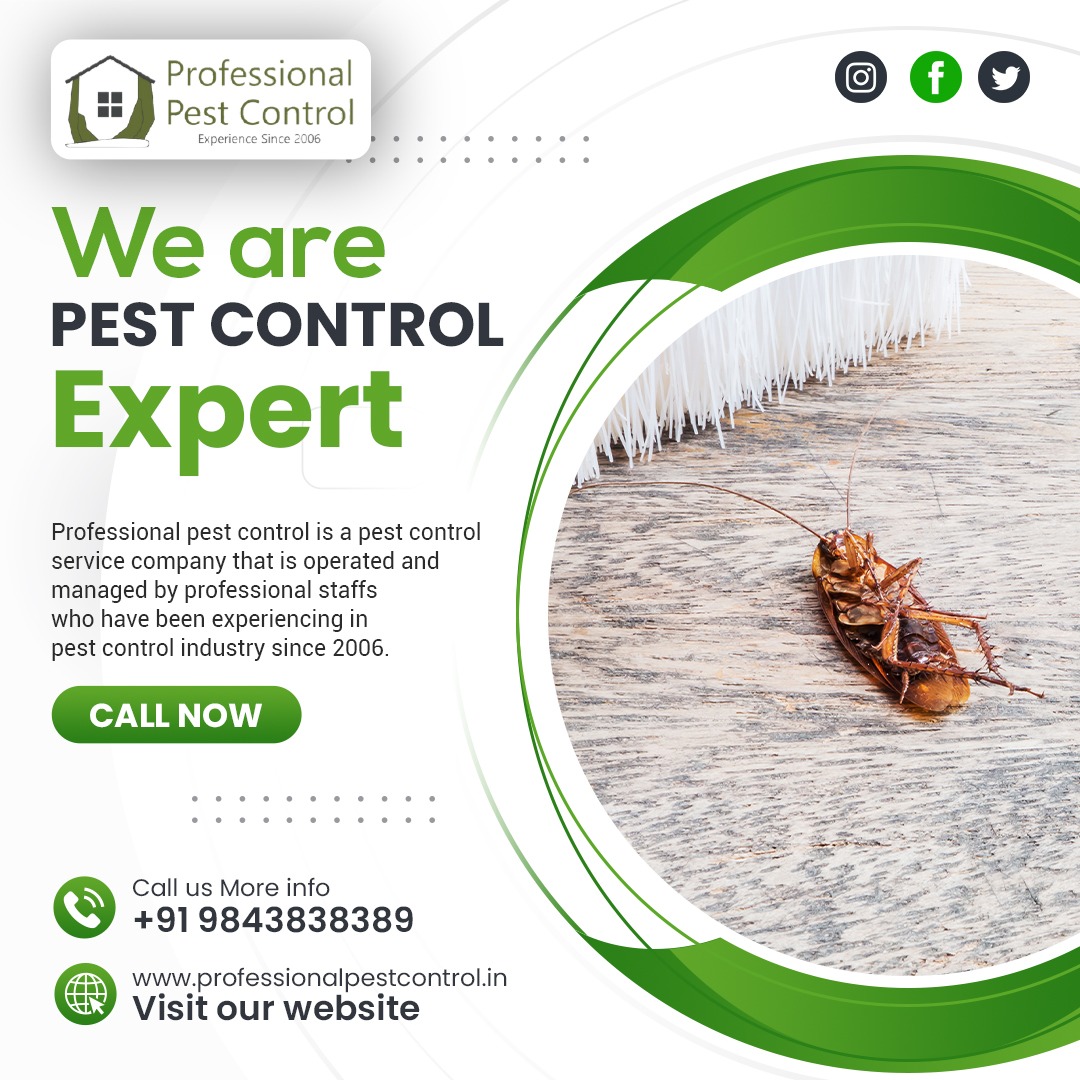Pest Control Clovis Specialists: Shielding Your Family Members and Home
Pest Control Clovis Specialists: Shielding Your Family Members and Home
Blog Article
Comprehending the Various Strategies to Insect Control: A Comprehensive Overview

All-natural Pest Control Methods
Employing environmentally friendly methods such as friend growing and biological pest control is important for effectively handling insects in agricultural settings. Companion growing includes growing different plants in closeness to hinder bugs, improve nutrient uptake, and improve total crop health.
Biological insect control entails presenting natural killers or microorganisms to control pest populaces. Ladybugs, as an example, prey on aphids, managing their numbers without the need for chemical pesticides. An additional instance is making use of Bacillus thuringiensis (Bt), a germs that targets specific insect parasites while being safe to people, animals, and useful bugs.
These eco-friendly methods not only lower the dependence on artificial pesticides yet likewise assist preserve biodiversity and dirt health and wellness. By including natural parasite control methods into agricultural practices, farmers can attain sustainable bug management while lessening negative effects on the setting.

Chemical Bug Control Solutions
In enhancement to natural insect control approaches, the utilization of chemical insect control remedies plays a significant function in properly managing pest populations in agricultural atmospheres. Chemical parasite control solutions are developed to target certain parasites that might trigger extensive damage to crops. These services commonly have artificial chemicals that are designed to eliminate insects swiftly and efficiently.
One of the essential advantages of chemical bug control options is their performance in regulating parasite problems on a big range. Farmers can use these options utilizing different techniques such as spraying, fumigation, or seed treatment to protect their crops from damaging bugs, weeds, and illness. Additionally, chemical insect control services are relatively easy to use and can give fast results, helping farmers safeguard their returns and lessen financial losses.
Nevertheless, it is important to use chemical insect control services judiciously to reduce potential unfavorable effect on the setting, non-target organisms, and human health. Correct application methods, adherence to safety standards, and regular tracking are vital to make sure the responsible use chemical insect control solutions in agricultural practices.
Biological Parasite Control Approaches
Organic pest control approaches take advantage of all-natural killers or virus to manage pest populations in agricultural setups effectively. One common biological control method is the introduction of all-natural opponents, such as ladybugs or parasitical wasps, to target details parasites.
Another biological control technique includes utilizing microorganisms like germs, fungis, or viruses to infect and eliminate parasites. These microbial representatives can be splashed on plants or presented into the soil to combat various pests without harming advantageous pests or various other wild animals. Furthermore, the usage of pheromones to disrupt the mating patterns of parasites is an additional efficient biological control technique. By interfering with their reproduction, this approach assists to minimize insect populations without the demand for chemical intervention. In general, biological blog pest control strategies supply a sustainable and targeted service to pest management in farming.
Integrated Parasite Administration (IPM)
Integrated Pest Administration (IPM) is an extensive strategy that integrates numerous insect control techniques to effectively handle and decrease pest populations in farming systems. IPM focuses on long-lasting avoidance of pests with a mix of organic, social, physical, and chemical control approaches. By incorporating these different strategies, IPM intends to decrease dependence on chemical pesticides, lessen ecological influence, and promote lasting parasite administration techniques.
One trick aspect of IPM is the usage of biological controls such as why not try this out all-natural killers, parasites, and microorganisms to control parasite populations. This method takes advantage of the power of nature to keep a balance between bugs and their natural adversaries without creating harm to the atmosphere.
Furthermore, IPM entails social practices like crop rotation, sanitation, and environment adjustment to develop negative problems for pests and disrupt their life cycles. Physical controls such as catches, composts, and obstacles are likewise used to stop bug invasions.
Mechanical and Physical Insect Control Methods
Utilizing non-chemical methods, such as physical and mechanical parasite control strategies, is an essential aspect of extensive pest management techniques, building on the foundation of Integrated Insect Management's holistic strategy. Mechanical bug control includes the use of physical obstacles or catches to avoid pests from accessing and harming plants or structures. This approach can consist of techniques like mounting displays on windows, making use of row covers in agriculture, or employing sticky catches to catch insects.
Physical bug control techniques, on the various other hand, emphasis on directly removing insects through physical ways. As an example, utilizing heat therapies to eliminate bed pests or vacuuming up bugs like spiders or ants can be effective methods to manage invasions without using chemicals. By including these mechanical and physical parasite control methods into an Integrated Bug Monitoring plan, experts and individuals can minimize dependence on pesticides while still successfully managing pest populations and decreasing damages.
Conclusion

In enhancement to all-natural insect control methods, the application of chemical bug control services plays a significant duty in efficiently managing pest populaces in agricultural atmospheres.One of the essential benefits of chemical insect control solutions is their performance in managing parasite invasions on a large range.Integrated Pest Monitoring (IPM) is an extensive approach that combines different pest control approaches to efficiently take care of and reduce pest populaces in agricultural systems.Making use of non-chemical methods, such as physical and mechanical pest control methods, is an essential facet of detailed insect monitoring techniques, constructing upon the foundation of Integrated Insect Management's alternative strategy. By incorporating these physical and mechanical parasite control techniques right into an Integrated Insect Monitoring strategy, specialists and individuals can decrease dependence on chemicals while still effectively handling pest populaces and decreasing damage.
Report this page